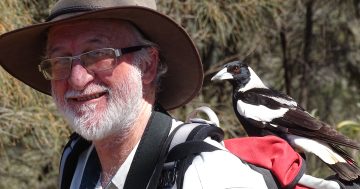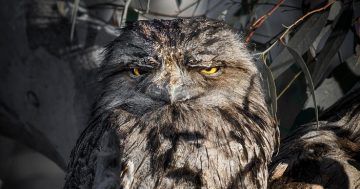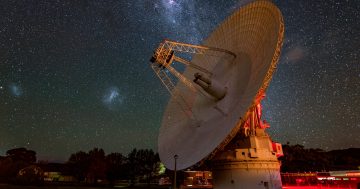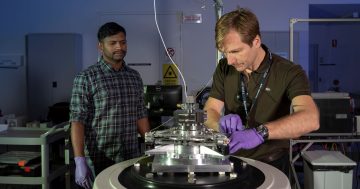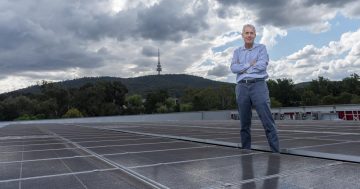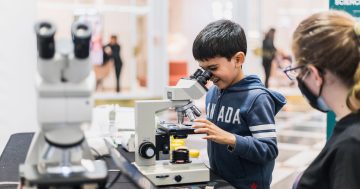
This has come over my desk and looks interesting:
The Sydney Section of the American Institute of Aeronautics & Astronautics (AIAA) and the CSIRO Discovery Centre proudly present a panel discussion on…
AUSTRALIA’S SPACE ACTIVITIES
Date: Wednesday 12 October 2011
Time: 6:00pm
Location: Optus Lecture Theatre, CSIRO Discovery Centre, Clunies Ross Street, Acton, CanberraListen, learn and ask questions of three Australian aerospace professionals about the cutting-edge space research and development happening in Australia.
Panelists include:
* Dr Kimberley Clayfield, Executive Manager for Space Science and Technology at CSIRO
* Dr Craig Smith, CEO and Technical Director of EOS Space Systems
* Associate Professor Andrew Neely, Hypersonic Scramjet Expert from the University of New South Wales.This interactive discussion will be chaired by Dr Michael West from the AIAA Sydney Section.
This event is FREE and all are welcome. However, bookings are essential via online registration at https://register.eventarc.com/event/view/5258/tickets/australias-space-activities or call 02 6246 4646
A brief biography of each panelist is included below and a map with directions to the CSIRO Discovery Centre is also attached. Directions can also be found online at http://www.csiro.au/resources/Discovery-Centre-Map.html
Feel free to forward details of this event to others who may be interested. Apologies if you receive this more than once.
Biography – Dr Kimberley Clayfield
Dr Kimberley Clayfield is Executive Manager of Space Sciences and Technology within CSIRO. She provides cross-organisational coordination for CSIRO’s space-related activities and applications, such as Earth observation, and she engages with the broader space community on behalf of CSIRO, particularly in the space policy and space education environments. Prior to joining CSIRO, Kimberley was Assistant Manager of Space Policy within the Australian Government Department of Innovation, Industry, Science and Research. Kimberley holds a Bachelor of Engineering (First Class Honours) and a PhD in Mechanical Engineering from the University of Adelaide, and is a graduate of the International Space University’s Space Studies Program. Kimberley is the Program Director of both the South Australian Space School and National Space Camp Woomera, a member of Engineers Australia’s National Committee on Space Engineering, and a Deputy Director of the American Institute of Aeronautics and Astronautics.
—
Biography – Dr Craig Smith
Dr Smith is the CEO and technical director for EOS Space Systems, an Australian company that develops and produces telescopes and technology to support space surveillance and space debris management, including removal. In the past, Dr Smith also held the positions of CEO of EOS Technologies and Head of Research and Development. Prior to joining EOS he was a Senior Research Fellow at the Australian Defence Force Academy where he developed novel techniques for imaging-polarimetry and spectro-polarimetry at thermal IR wavelengths. Dr Smith has lectured in Physics, Electronics and Military Ballistics. He obtained Bachelors and PhD degrees from the University of Melbourne.
—
Biography – Associate Professor Andrew Neely
Dr Neely is an associate professor at the University of New South Wales Canberra and his main research interests include hypersonics, aerothermodynamics, aero-structures, gas turbine engines, and related experimental techniques. He has worked at Oxford University and for Rolls Royce on aero-engine exhausts and the integrity of hot structures. Dr Neely has performed thermal-structural analysis of the Mach 10 HyCAUSE scramjet flight experiment (funded by DARPA). HyCAUSE flew an operational scramjet engine at Mach 10 from the Woomera test range in June 2007. He is currently working with the USAF and DSTO to develop techniques to map the extreme heating on hypersonic vehicles during flight and applying these to the HIFiRE and Scramspace flight test programs.
For information about the AIAA Sydney Section visit http://www.aiaasydneysection.org and for information about the CSIRO Discovery Centre visit http://www.csiro.au/places/discovery












